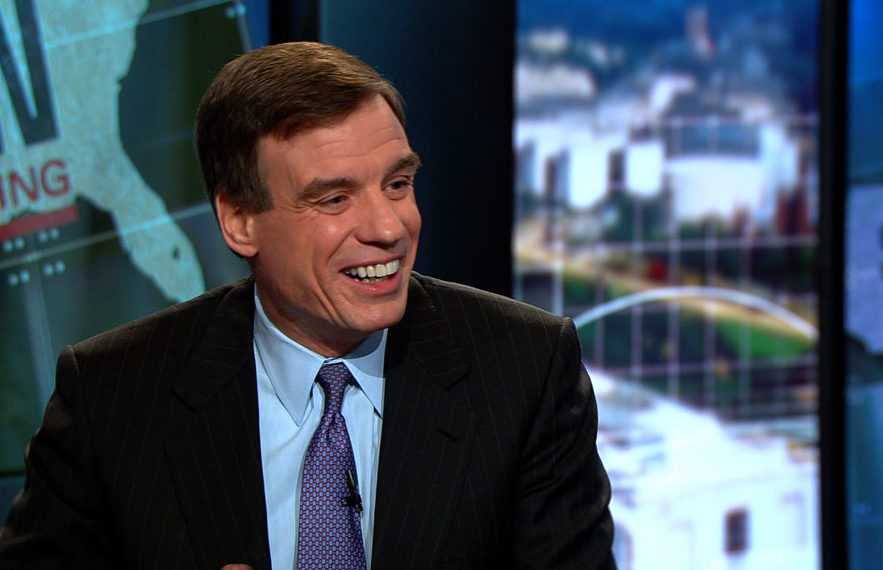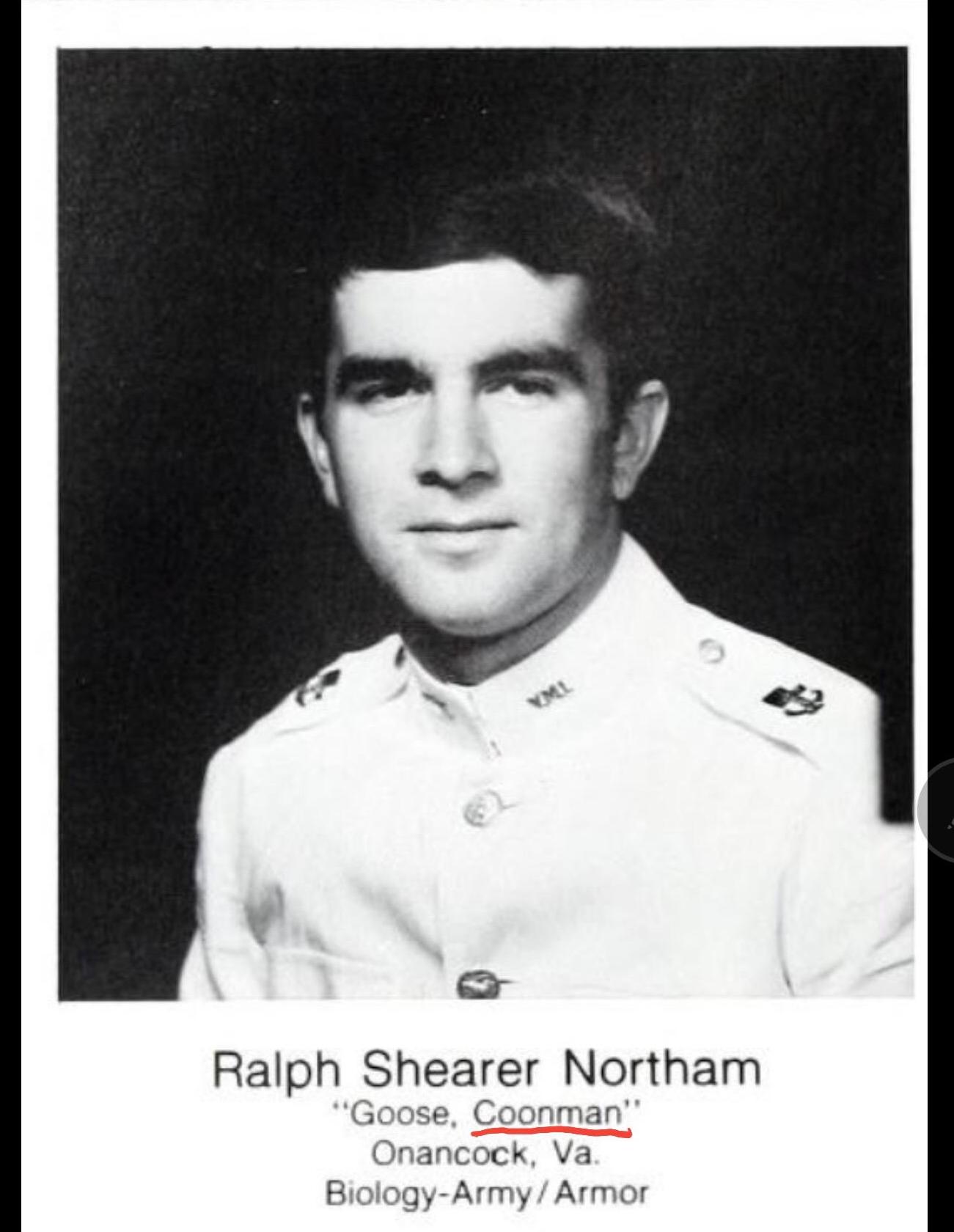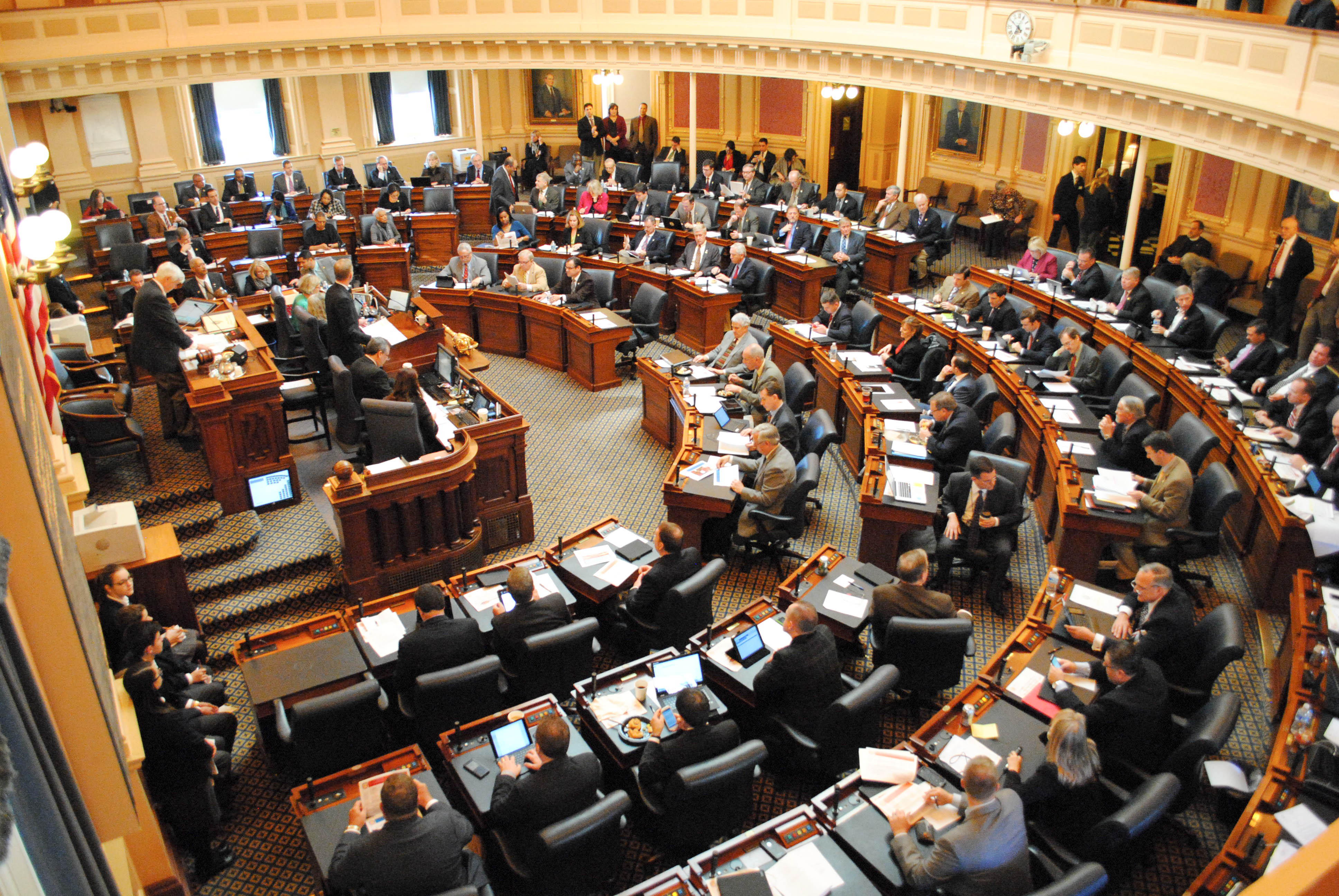On Wednesday morning, Senator Mark Warner (D-VA) released a statement declaring that he will decide to vote against the nomination of Judge Brett Kavanaugh to the U.S. Supreme Court. Warner cited an non-transparent confirmation process, surmised beliefs on how Judge Kavanaugh would change Supreme Court precedent to overturn abortion rights rulings, and views on executive power.
“This is the most consequential Supreme Court vacancy in a generation, yet it has been the least transparent confirmation process in recent history,” Warner said. “Thanks to unprecedented efforts by the Trump Administration to conceal large portions of Judge Kavanaugh’s record and the nominee’s unwillingness to answer basic questions before the Judiciary Committee, much of Judge Kavanaugh’s record and judicial philosophy remain a mystery to the American people. But what we have seen provides reason enough to vote against this nominee,” he added.
Just six seconds into the first day of Senate confirmation hearings for Judge Kavanaugh, the chamber erupted into chaos as both Democratic senators and protesters interrupted opening remarks from Senate Judiciary Committee Chairman Chuck Grassley (R-IA). Chants and screams from the crowd were the background of the objections from Senator Kamala Harris (D-CA) who said, “We cannot possibly move forward,” after receiving a load of 42,000 documents relating to the nominee’s work with past administrations the night before the start of the hearings.
Judge Kavanaugh has one of the longest records of any Supreme Court nominee in recent memory. He has served for more than a decade on the D.C. Circuit Court of Appeals, penning over 300 opinions. As well, he worked as former President George W. Bush’s White House counsel, and before was integral in the impeachment proceedings into former President Bill Clinton while working with Ken Starr.
Nevertheless, Warner explains his concern with how the nominee would rule in cases dealing with abortion.
“His past rulings, writings, and evasive answers before the Judiciary Committee lead to the inescapable conclusion that, as a Supreme Court justice, Judge Kavanaugh would seek to undermine and eventually overturn Roe v. Wade,” Warner stated.
The Virginia Democrat went on to remark that Judge Kavanaugh, if confirmed, “would fail to protect people with pre-existing conditions from discrimination by insurance companies.”
In 2006, when Kavanaugh was being questioned by Senator Chuck Schumer (D-NY) on his views of Roe v. Wade during his nomination to the D.C. Court, Kavanaugh responded that he would uphold the case, citing stare decisis. Throughout the hearings, Judge Kavanaugh has repeatedly discussed the important role that jurisprudence plays for Supreme Court justices. Furthermore, he has indicated he would follow the confirmation hearing precedent of the current eight justices in declining to provide an answer about whether he would overturn any decision, including Roe, that could potentially come before the Court.
Consistently, Judge Kavanaugh as stated that the 1992 Supreme Court ruling involving Planned Parenthood is the “law of the land,” a ruling which reaffirmed Roe, but upholds provisions levied on abortions on a state-by-state basis.
The atmosphere surrounding President Donald Trump and the investigation led by White House Special Counsel Robert Mueller was another reason that Warner is apprehensive to confirming Judge Kavanaugh.
“I am also deeply troubled by Judge Kavanaugh’s views on executive power,” Warner said. “We currently have a president whose conduct is at the center of a federal criminal investigation, but in his testimony before the Judiciary Committee, Judge Kavanaugh refused to say whether he thinks it is constitutional for presidents to be investigated, and whether he continues to believe that the president has the power to fire a prosecutor criminally investigating him.”
Warner charged, “In this country, no one, not even the president, is above the law. Should the president’s legal team decide, as they have threatened, to contest that principle in court, it is imperative that the Supreme Court ensure that the president is held accountable.”
In a 2009 Minnesota Law Review article, Judge Kavanaugh suggested that “it would be appropriate for Congress to enact a statute providing that any personal civil suits against presidents, like certain members of the military, be deferred while the President is in office,” citing one of the reasons as, ” [it is] vital that the President be able to focus on his never-ending tasks with as few distractions as possible.”
Judge Kavanaugh relays that the decision made in Clinton v. Jones (1998), wherein the U.S. Constitution does not automatically grant a sitting president immunity from civil lawsuits based upon his private conduct unrelated to his official duties as President, “may well have been entirely correct,” but Congress can still provide a temporary deferral.
“As I have written before,” Judge Kavanaugh explained, “no Attorney General or special counsel will have the necessary credibility to avoid the inevitable charges that he is politically motivated—whether in favor of the President or against him, depending on the individual leading the investigation and its results.” He added, “The indictment and trial of a sitting President, moreover, would cripple the federal government, rendering it unable to function with credibility in either the international or domestic arenas. Such an outcome would ill serve the public interest, especially in times of financial or national security crisis.”
The judge says that in reference to actions against the leader of the country, a “bad-behaving” or a “law-breaking” president, a remedy already exists. “If the President does something dastardly, the impeachment process is available,” Judge Kavanaugh wrote.
Regardless of all the answers Judge Kavanaugh has given to rectify concerns from senators, Warner said, “I must vote no on Judge Kavanaugh’s nomination.”






